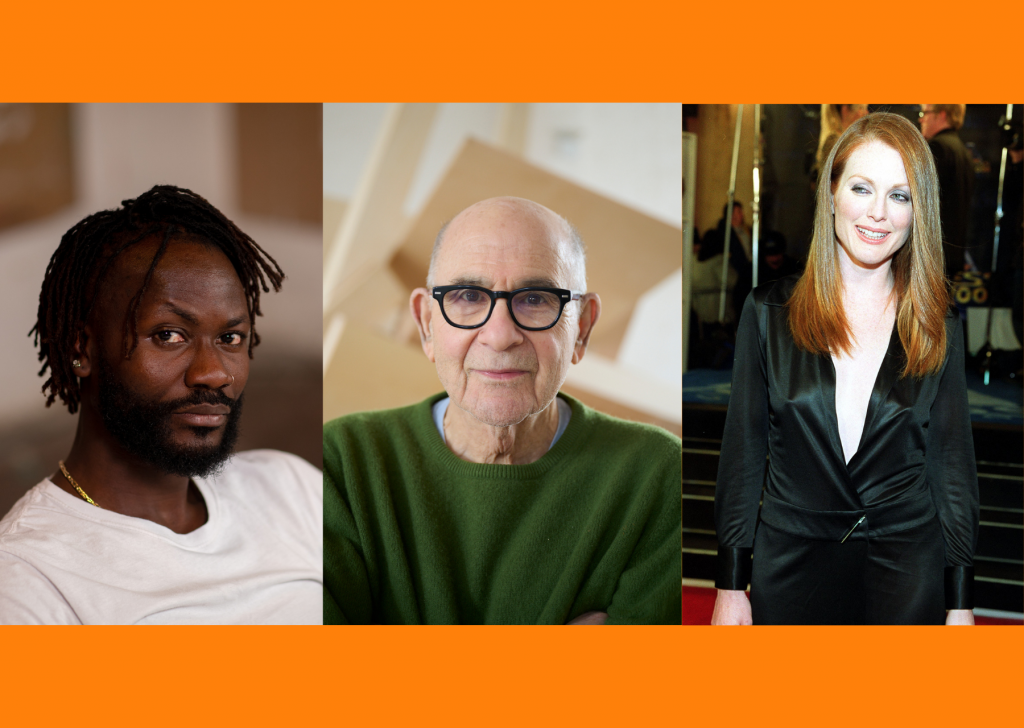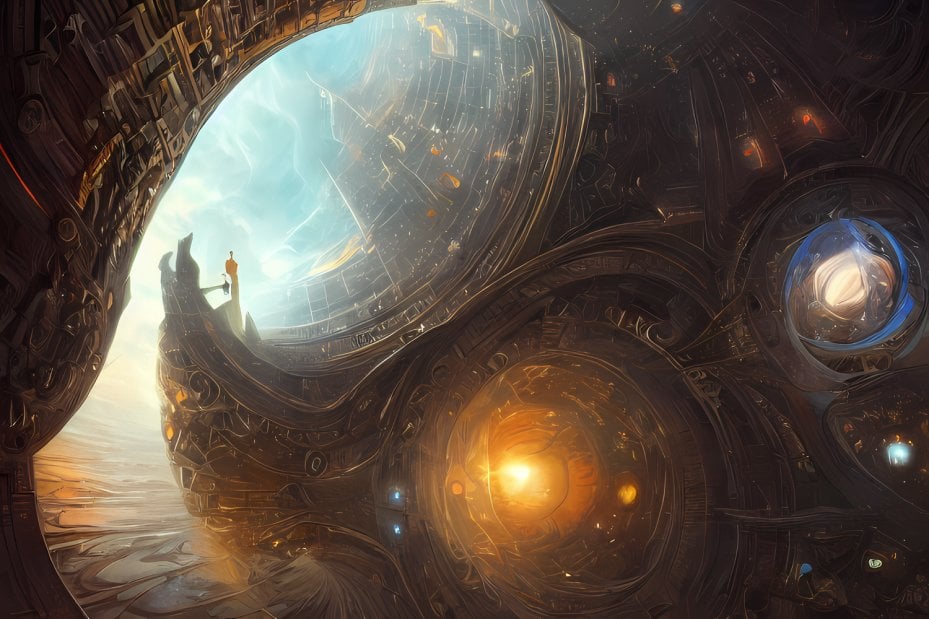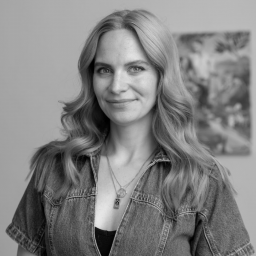Art & Tech
Amaoko Boafo Is Among Thousands of Artists Condemning the ‘Unjust’ Use of Their Work to Train A.I.
Joel Shapiro, Amoako Boafo, and Lynn Goldsmith are among the thousands of creatives voicing their concerns in an open letter.

More than 11,000 artists and creatives have signed an open letter warning artificial intelligence companies that the unlicensed use of their work is a threat to artists’ livelihoods. The statement follows multiple legal battles between artists and tech firms over the use of their work to train A.I. models.
Among the signatories are sculptor Joel Shapiro, painters Amoako Boafo and Joanna Pousette-Dart, and photographer Lynn Goldsmith. The Artists Rights Society (ARS), a copyright and licensing firm for visual artists, as well as trade organizations like the Professional Photographers of America are also listed among the organizational supporters of the statement.
“The unlicensed use of creative works for training generative A.I. is a major, unjust threat to the livelihoods of the people behind those works, and must not be permitted,” the statement reads.
Other signatories on the statement include actors Julianne Moore and Rosario Dawson, musicians Thom Yorke of Radiohead and the Cure’s Robert Smith, composer Max Richter, and authors Kazuo Ishiguro and Ann Patchett. Major creative production firms like Sony, Universal Music Group, and HarperCollins Publishers have also added their names.
The British composer and former A.I. executive Ed Newton-Rex organized the letter, noting to the Guardian that there are three key resources that generative tech firms need to build A.I. models: people, computing power, and data. “They spend vast sums on the first two—sometimes a million dollars per engineer, and up to a billion dollars per model,” he said. “But they expect to take the third—training data—for free.”
Newton-Rex resigned as Stability A.I.’s head of audio last year over the tech company’s use of copyrighted content to train A.I. models under “fair use” terms, which means permission from the copyright owner is not needed under U.S. law.

An image generated by Stable Diffusion. Photo courtesy of Stability A.I.
Visual artists have increasingly been taking legal action against A.I. companies in an effort to keep their work from being used for free in the training of A.I. image generators. In a potentially landmark case brought before a California court in August, a judge ruled that a group of artists may pursue claims that Stability A.I., Midjourney, DeviantArt, and Runway A.I.’s image generation systems infringe upon their copyrights.
The judge found that the artists had reasonably argued that the companies violate their rights by illegally storing work and that Stable Diffusion, the A.I. image generator in question, may have been built “to a significant extent on copyrighted works” and was “created to facilitate that infringement by design.” Still, the decision did not address the case’s central question: Does the abuse of artists’ work by A.I. image models infringe upon their copyright, and is the behavior of A.I. companies protected under fair use?
Creatives from other industries have also brought lawsuits against some tech firms in the U.S. Writers John Grisham, Jodi Picoult, and George RR Martin are part of a group suing the ChatGPT developer OpenAI for alleged breach of copyright, claiming “systematic theft on a mass scale.” Record labels like Sony Music and Universal Music Group are suing A.I. music creators Suno and Udio.
Meanwhile, the U.K. government introduced a proposal last week that would allow A.I. firms to scrape content from artists and publishers unless they manually “opt out” of the process. Newton-Rex told the Guardian that this would be “highly damaging” for artists.
“It’s totally unfair to put the burden of opting out of A.I. training on the creator whose work is being trained on,” he said. “If a government really thought this was a good thing for creators then it would create an opt-in scheme.”





